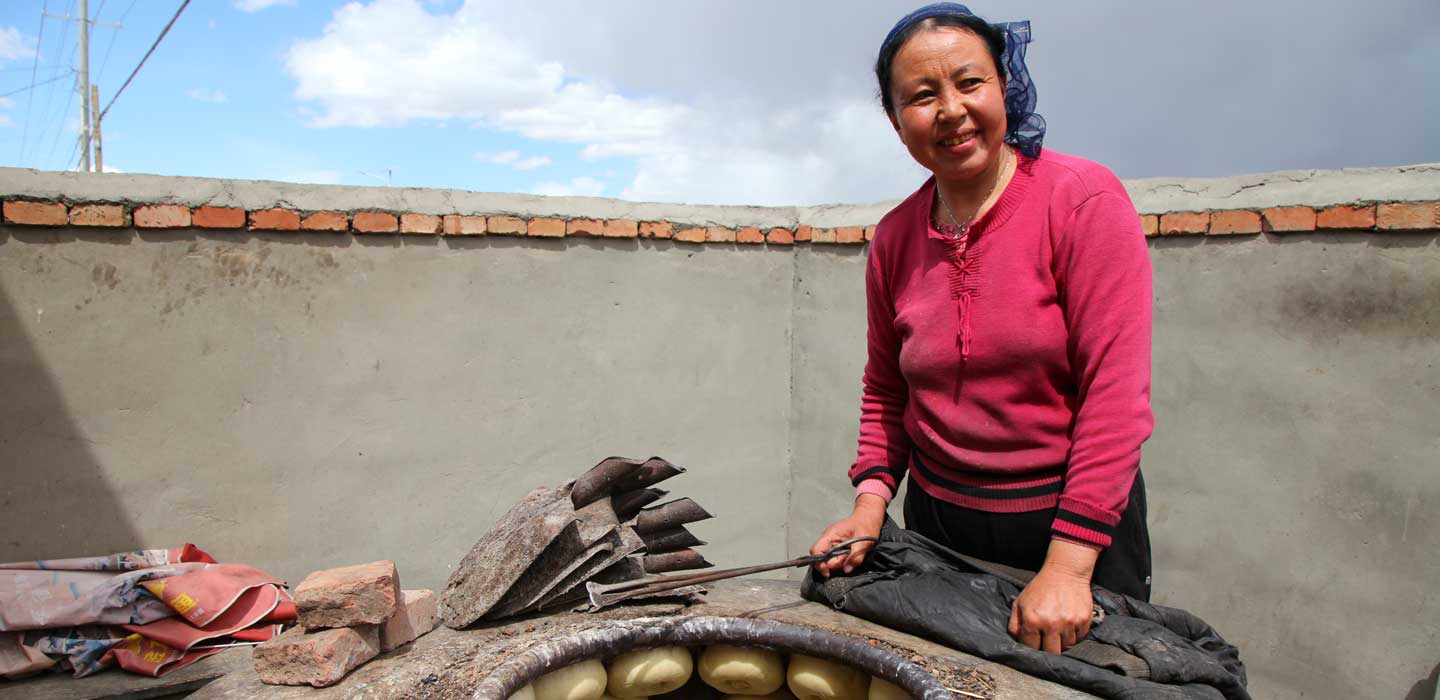Stories
Stories

Stories
Manual Submenu Topics
Search Results Filters
Search Results
How agroecology can respond to a changing climate and benefit farmers
Current food systems are at a crossroads. There is a strong need for transforming food production and consumption patterns in a sustainable way. One where farmers adapt and build resilience to the increasing challenges from climate change and where nutritious food is available for all. Agroecology provides one solution towards this transformation.
Help farmers and the planet? Yes, we can
Tajikistan is a mountainous country nestled in Central Asia. Over five million people live a rural life, the majority of them depending on agriculture for their livelihoods.
Cooking to reduce climate change
An IFAD co-sponsored event at COP25 in Madrid brought together experts and celebrity chefs to examine how climate change is effecting food systems.
Helping agriculture climb the climate agenda in Madrid
Specialised production secures better income for rural households in China
Family farming, biodiversity and climate change - opportunities of the United Nations Decade of Family Farming
On a mission to save the Amazon
Against the backdrop of the climate crisis, José Gregorio Diaz Mirabal, Coordinator of the Congress of Indigenous Organizations of the Amazon Basin (COICA) visited IFAD in Rome, where he discussed the situation affecting the Amazon and the implications for indigenous peoples’ livelihoods and for humanity as a whole.
IFAD’s Climate Action Report 2019
Putting an end to violence against women in rural communities
On the international day for the elimination of violence against women, IFAD reaffirms its commitment to eliminate and prevent gender-based violence.
Mobilizing inclusive remittances for rural development
Sanitation pays for itself and is the business opportunity of the decade
Spinning yarns – Investing in wool and mohair in Lesotho
IFAD partnership in Bhutan reaping benefits for farmers
Recipes for Change: Moringa leaves with coconout - Sri Lanka
Assets for life: Small, but innovative, investments in water infrastructures, transform livelihoods in Mozambique
Women and youth lead change in Lima's highlands and high rainforest
Small credits foster rural entrepreneurship in Guinea
Mohamed enjoys welcoming visitors to his vegetables garden in Fria town, in Guinea, and is proud to show every crop he has been growing. This 32-year-old rural entrepreneur recalls how his business succeeded thanks to an unexpected opportunity while he was pursuing a civil servant career.
Protecting villages from flash floods and improving livelihoods in the Haor basin wetlands
Making local crops work for nutrition-sensitive agriculture
A new framework will guide practitioners to use a broad portfolio of crop species to bring nutrition back to the table.